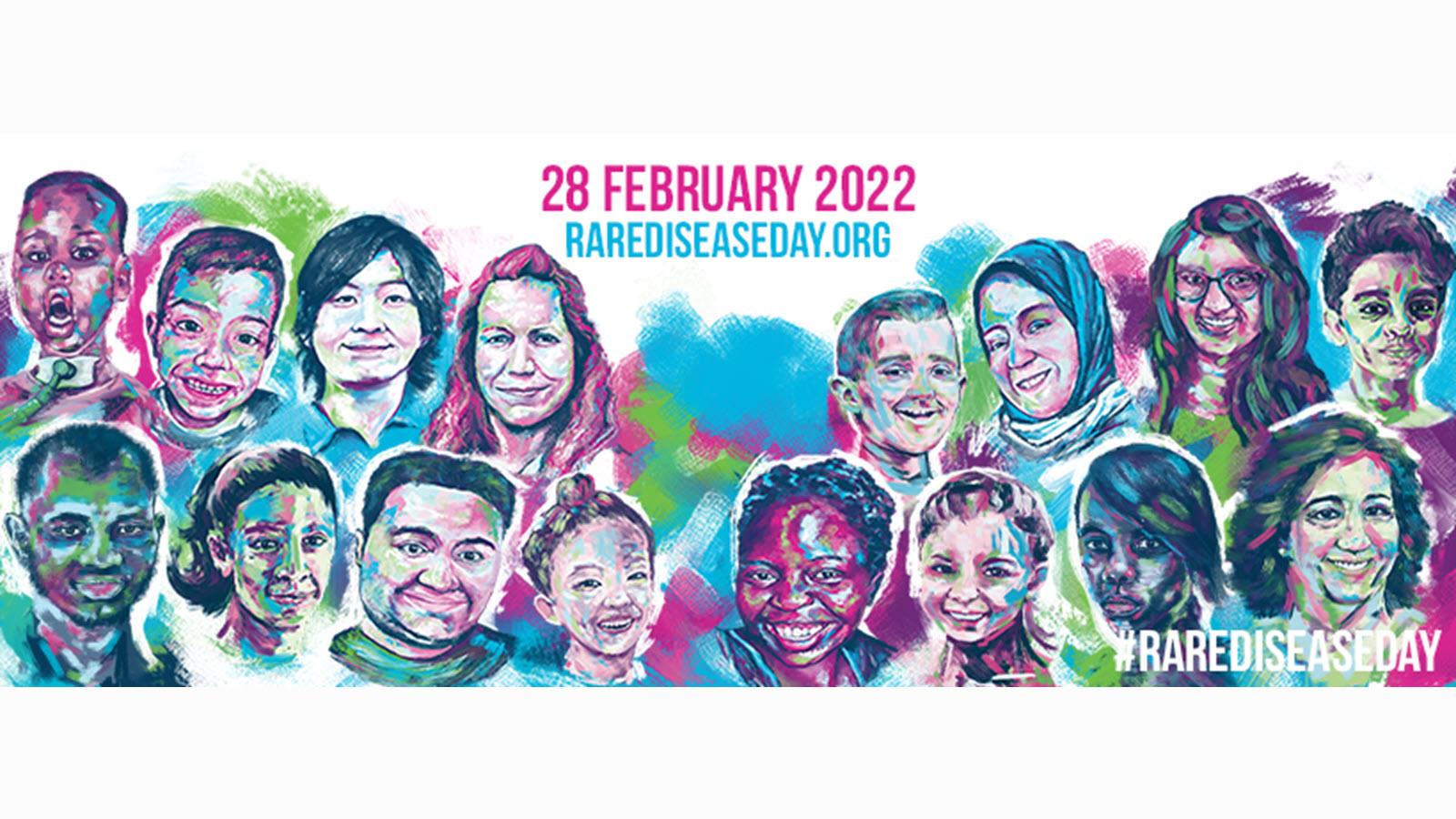The countdown has begun to Rare Disease Day 2022, which will be observed on February 28 around the world through 66 national alliances, including the new additions of Zimbabwe and the Ivory Coast, Rare Disease Day organizers said.
That leaves less than 90 days for patients and organizations to make plans and take advantage of new resources, including patient stories, a toolkit to help young children celebrate Rare Disease Day in schools and an expanded plan for using lights to shine attention on the cause.
EURORDIS, the European nonprofit that represents rare disease patients, recently unveiled a new Rare Disease Day website and hosted a webinar about how to make an impact on local, state and federal levels. This year’s theme is “Share Your Colors.”
Those who attended the webinar said they were hoping to influence policies that can reduce the time it takes to get diagnosed; improve access to therapies and care; increase R&D; improve equity; and reduce stigmatization for people who live with more than 7,000 rare diseases.
For inspiration, the webinar offered three case studies on how use Rare Disease Day to advocate, including one from Anna Kole, EURORDIS Public Health Policy Director. She shared EURORDIS' campaign for Europe’s Action Plan for Rare Diseases and invited all stakeholders interested in supporting the campaign to include its messages in their Rare Disease Day events.
The key is engaging with national authorities to help target the European Commission to consider the campaign's proposal, Kole said. The organization established a timeline of particular goals for advocates in France, the Czech Republic, Sweden and Spain – all countries holding EU Council Presidencies this and next year. Advocates from these countries and many others in Europe have already pushed for a United Nations resolution that recognizes the unique needs of rare disease patients. Europe's Action Plan for Rare Diseases is the next step for advocacy and Rare Disease Day 2022 is the next occasion, Kole said.
In a case study from Brazil, Amira Awada, Vice President of that country’s Instituto Vidas Raras, explained how her organization has taken a grass-roots approach to raise awareness – and change policies – about newborn screenings for rare diseases. They used influencers, including a television personality whose child has a rare disease, to build a national case for more thorough newborn testing. Their campaign, including a petition, succeeded in increasing from six to 53 the number of rare diseases screened for at birth in Brazil. It took nine years and a lot of determination, she said.
“Have patience with government. I know it’s hard,” Awada said. “When we’re talking about public health, we need to have patience.”
Kristen Angell of the U.S.-based National Organization for Rare Disorders urged patients and their caregivers to become advocates. The tragedy of her daughter’s death turned Erica Barnes into a passionate spokesperson for rare diseases, Angell said. Barnes had zero experience as a speaker and was unfamiliar with how state government worked, but she grew herself into a leader in Minnesota. She’s now director of the state’s advisory council on rare diseases that was named in honor of her daughter, who died of metachromatic leukodystrophy.
“The most important, most powerful thing an advocate has is their personal connection to rare disease,” Angell said.



